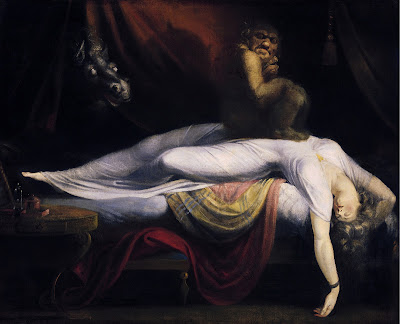Dive into our review of 'The Midnight Library' by Matt Haig, a philosophical journey through alternate lives and existential questions.
 |
| Haig, Matt. The Midnight Library: A Novel. United States, HarperCollins, 2020. |
Matt Haig’s “The Midnight Library” thoughtfully explores life’s choices and regrets. The story centers on Nora Seed, a former philosophy graduate student who now works as a music tutor and store clerk. Nora lives in Bedford, a small town north of London, and is navigating a series of personal tragedies. After contemplating suicide, Nora discovers the Midnight Library, a multiverse realm where she explores the numerous lives she could’ve lived.
Haig deftly weaves in meticulous details that grow increasingly significant throughout the narrative. He introduces an array of alternate lives for Nora – a rock star, an Olympic swimmer, a glaciologist, and more, imbuing each with unique existential questions. The novel employs elements of fantasy to pose a provocative question to readers: What if we could live out all our 'what ifs?'
Haig peppers the story with philosophical musings, Nora’s favorite being Henry David Thoreau, inspiring readers to contemplate their own life choices and regrets. The novel offers up copious philosophical tidbits, as this one from Thoreau, “It's not what you look at that matters, it's what you see. You don't have to understand life. You just have to live it.” And this pithy, funny, but pointed quote from David Hume, “But the life of a man is of no greater importance to the universe than that of an oyster.”






